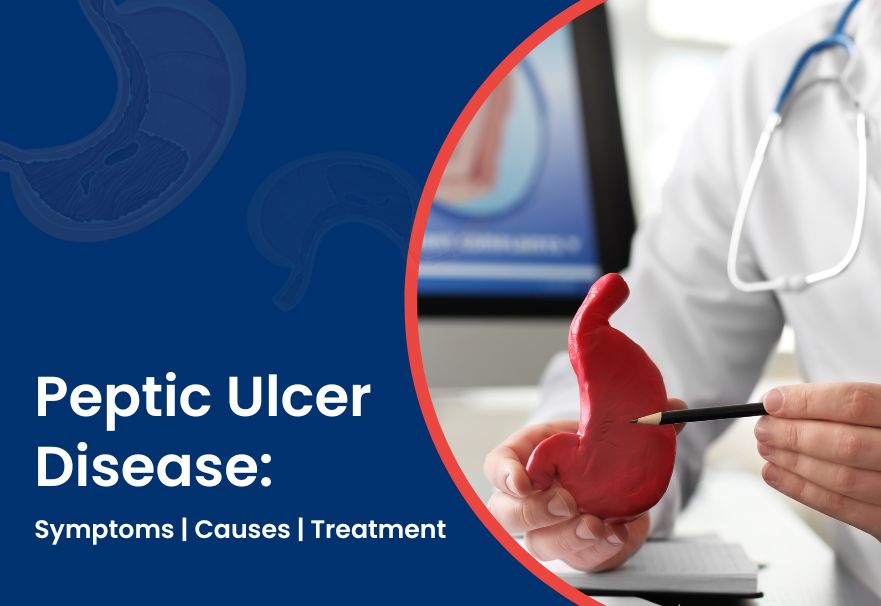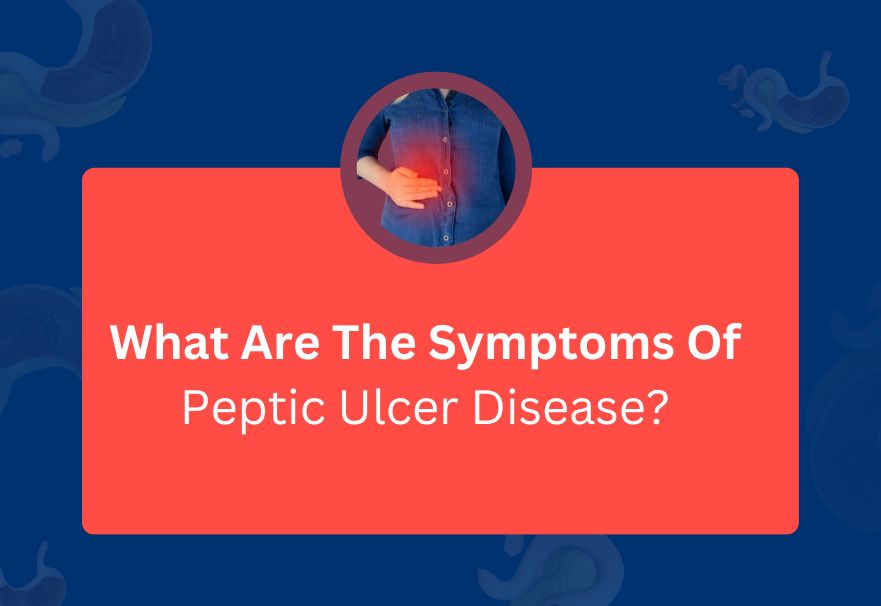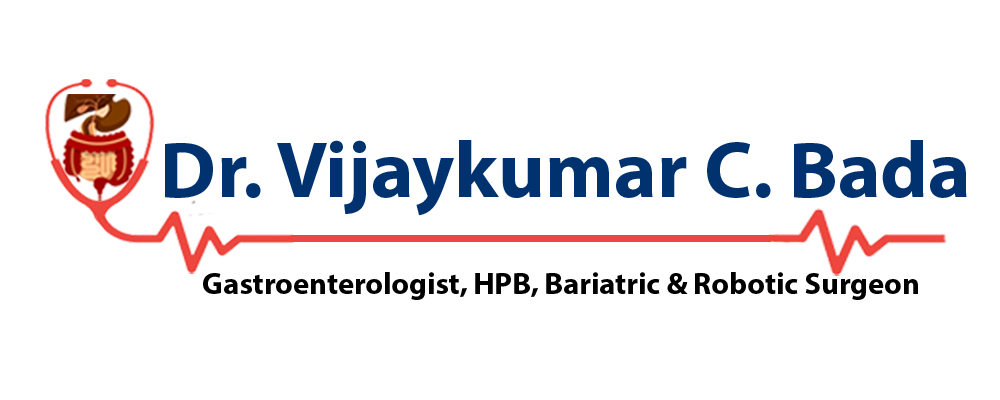Peptic Ulcer Disease:
Symptoms, Causes, and Treatment

Introduction
Peptic ulcer disease (PUD) is a common disease that affects the stomach and the upper part of the small intestine. It is characterized by the formation of open sores, known as ulcers, on the lining of the digestive organs. PUD is a common condition, affecting about 10% of people worldwide.
In this article, we will explore the causes, symptoms, and treatment options available for peptic ulcer disease.
What Is Peptic Ulcer Disease?
The lining of the stomach and duodenum is protected by a layer of mucus that helps to protect it from the acid and enzymes that help to digest food. However, if this layer of mucus is damaged, the acid and enzymes can start to erode the lining of the stomach or duodenum, leading to an ulcer. These ulcers can be painful and cause various uncomfortable symptoms and therefore, results in Peptic Ulcer Disease.

What Are The Symptoms Of Peptic Ulcer Disease?
The stomach ulcer symptoms may vary from person to person. Common stomach ulcer symptoms include:
Abdominal pain: A burning or gnawing pain in the abdomen, typically occurring between meals or during the night.
Heartburn: A sensation of burning or discomfort in the chest, often after eating.
Nausea and vomiting: Having a feeling of nausea as well as experiencing vomiting.
Loss of appetite: Lack of desire to eat due to continuous pain.
Weight loss: Unintentional weight loss may occur due to reduced food intake.
Have Any Question?
Are you looking for a Solution for your problem? You can call us or just drop your question here.
Peptic Ulcer Disease: What Are Its Causes?
As far as Peptic Ulcer Disease is concerned, there are two main causes:
pylori infection: The primary cause of peptic ulcer disease is a bacterial infection called Helicobacter pylori (H. pylori). This bacterium weakens the protective lining of the stomach and duodenum, making it more prone to acid damage.
Nonsteroidal anti-inflammatory drugs (NSAIDs): NSAIDs, such as ibuprofen and aspirin, can irritate the lining of the stomach or duodenum, leading to ulcers.
What Are the Possibilities for Treating Peptic Ulcer Disease?
The peptic ulcer treatment aims to reduce symptoms, promote ulcer healing, and prevent complications. In general, there are a number of peptic ulcer treatment options available, including:
Medications: Proton pump inhibitors (PPIs) and histamine receptor blockers (H2 blockers) help reduce stomach acid production, allowing the ulcers to heal. Antibiotics are used to eliminate H. pylori infection.
Antacids: These commonly prescribed peptic ulcer disease treatments provide temporary relief from heartburn and indigestion by reducing stomach acid.
Lifestyle modifications: Making changes to one’s lifestyle can support the healing process. This includes avoiding smoking and excessive alcohol consumption, managing stress levels, and adopting a healthy diet.
Endoscopic procedures: In some cases, endoscopy may be performed to treat complicated ulcers or stop bleeding by closing the blood vessels.
Surgery: Surgery of gastrectomy reserved for severe cases or when problems arise. It may involve removing the affected area or repairing the ulcer.
The best ways to prevent Peptic Ulcer Disease
Here are some tips for preventing PUD:
Avoid smoking: Smoking can increase your risk of developing PUD.
Avoid excessive alcohol consumption: Excessive alcohol consumption can also increase your risk of developing PUD.
Eat a healthy diet: A healthy diet that is low in processed foods and high in fruits, vegetables, and whole grains can help to protect your stomach lining from damage.
Take probiotics: Probiotics are live bacteria that can help to keep your gut healthy and can also help to prevent ulcers.
Final Words
Peptic ulcer disease can negatively affect a person’s quality of life if left untreated. Seeking medical attention and committing to the prescribed treatment plan is crucial for managing symptoms and promoting healing. Early diagnosis and timely peptic ulcer treatment can help prevent complications and provide relief from the discomfort associated with peptic ulcers. Remember to consult with a healthcare professional for specific information and guidance regarding your condition. Dr Vijay Kumar C. Bada is the Best Gastroenterologist in Hyderabad
Also read: When should you visit a Gastroenterologist?
Stay Connected with
Dr. Vijaykumar C. Bada

Dr. Vijaykumar C. Bada is the best Gastroenterologist in Hyderabad city of Telangana.
- Flexible Appointments & Urgent Care
Dr. Vijaykumar C. Gastroenterologist
Design & Developed by Pointofviewer
Copyright © 2021. All rights reserved.
